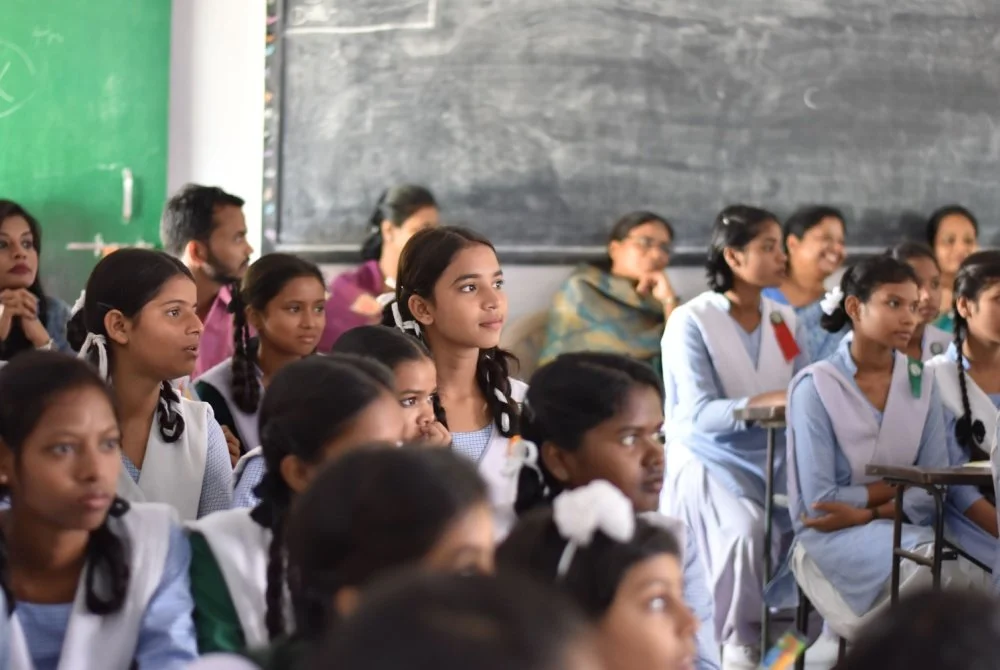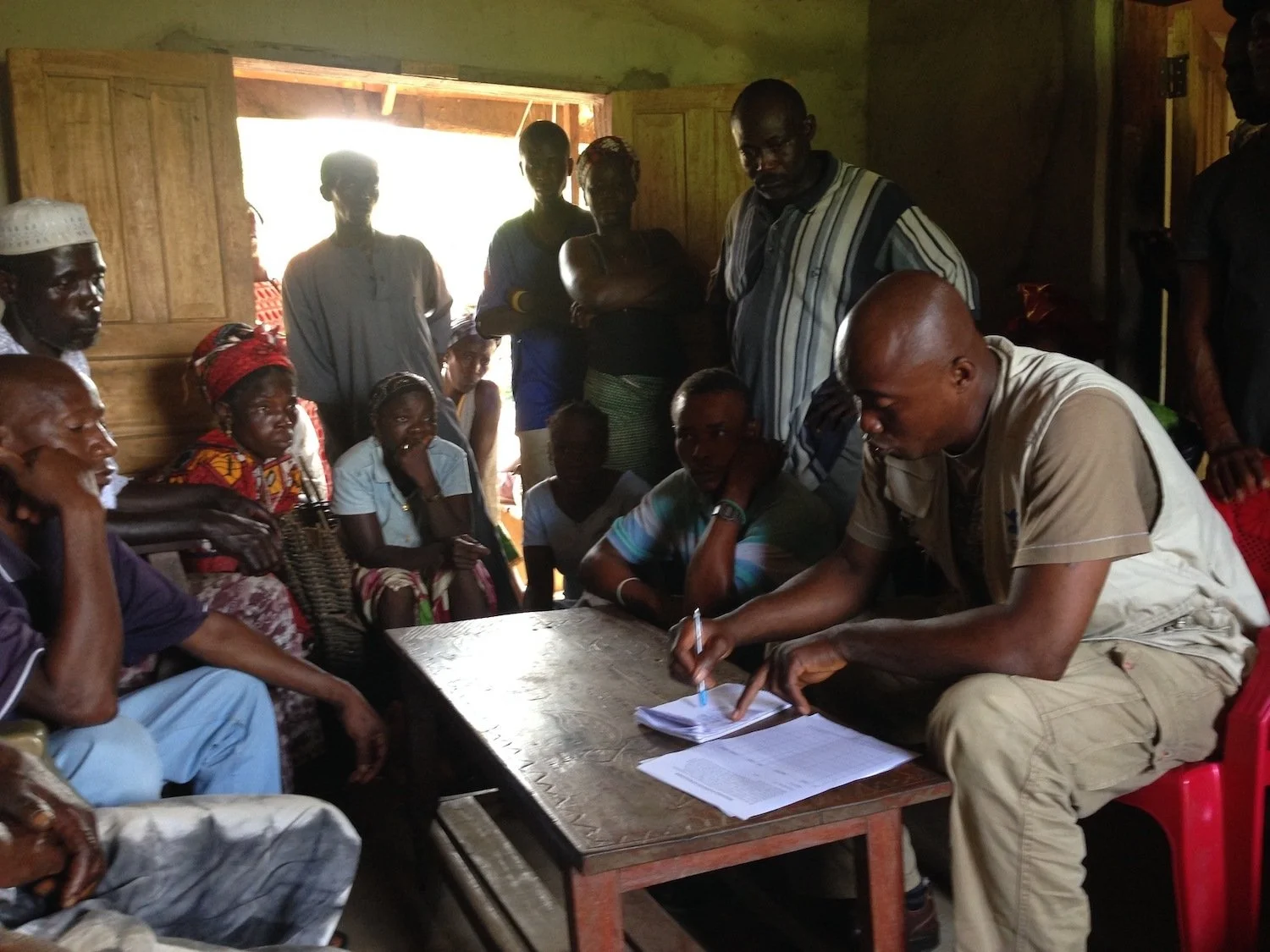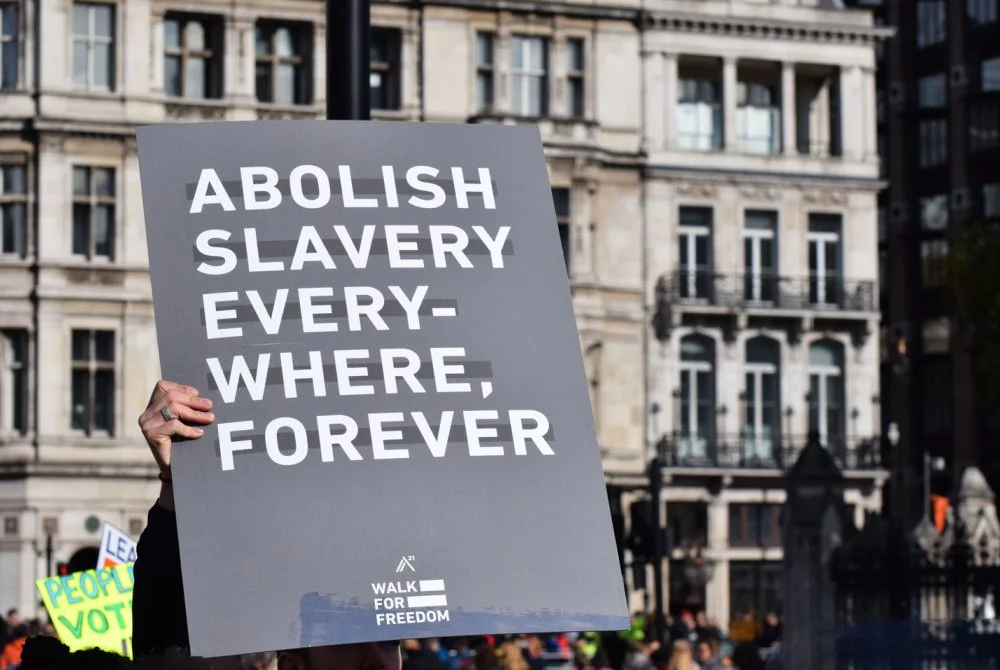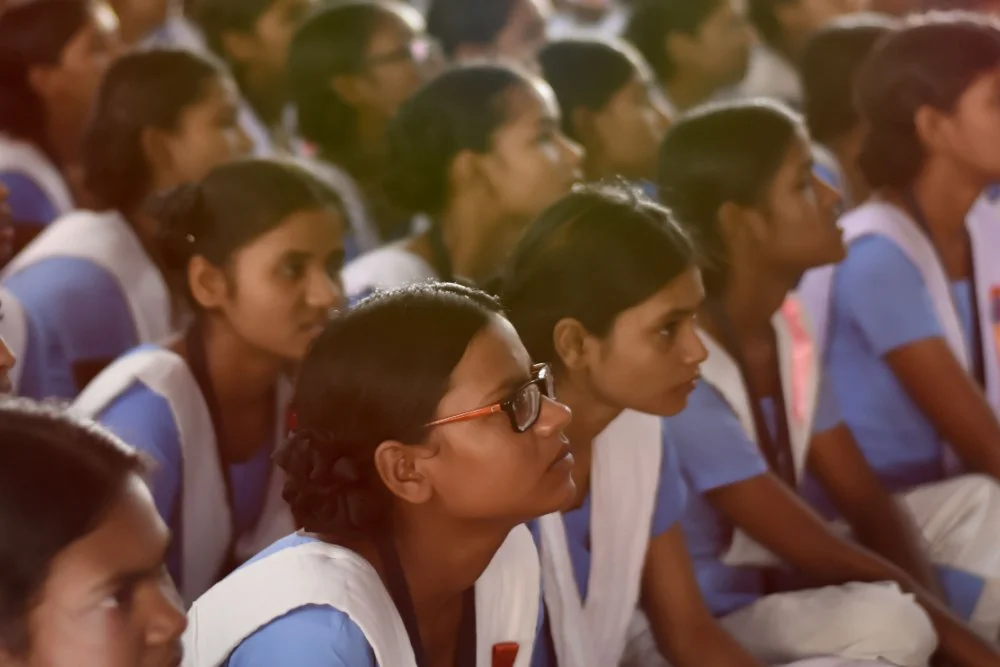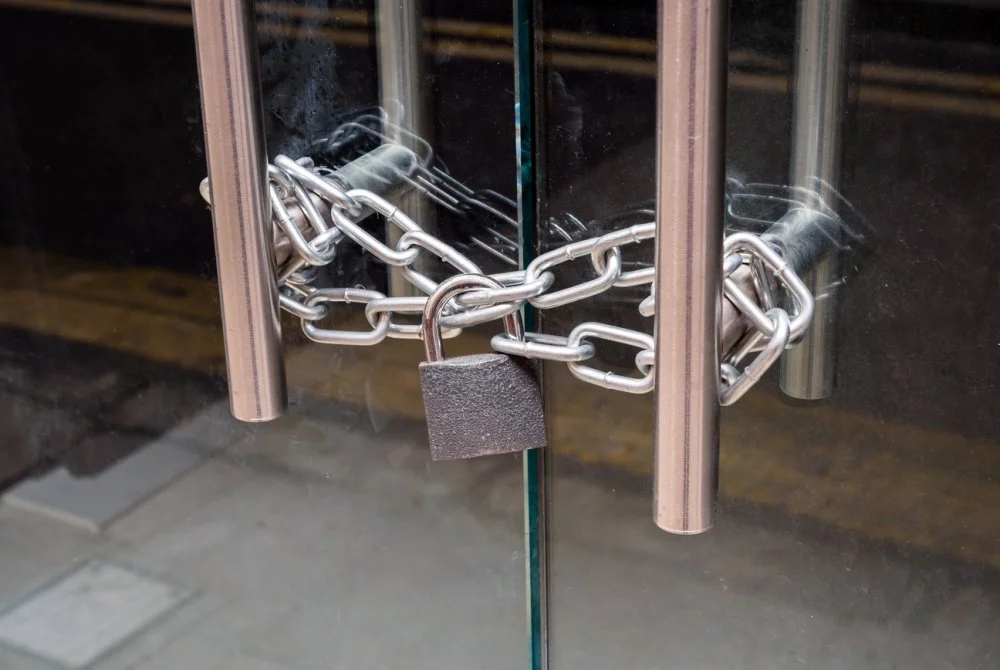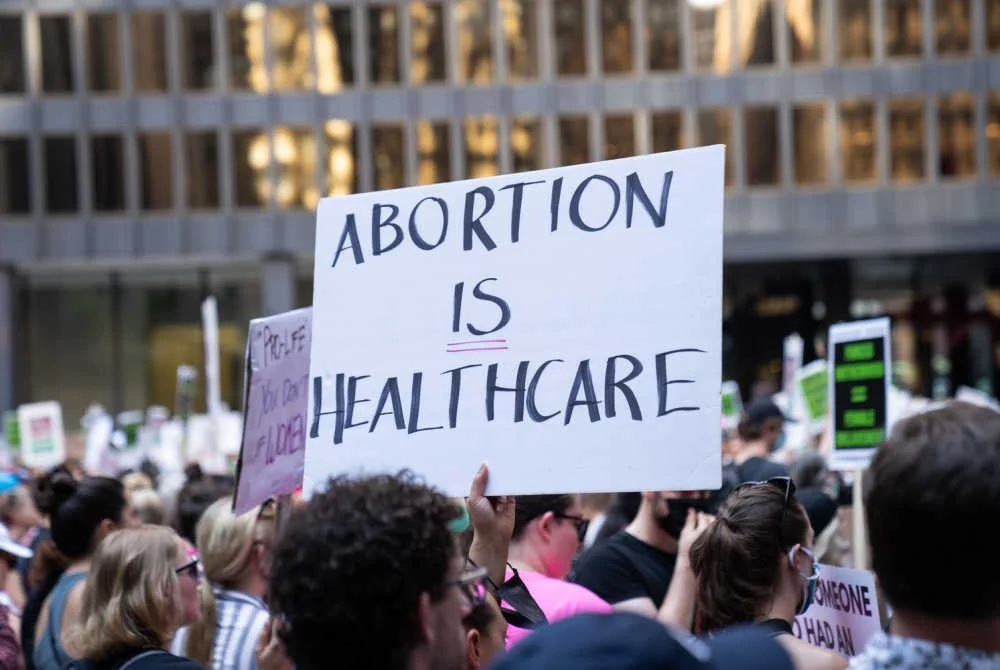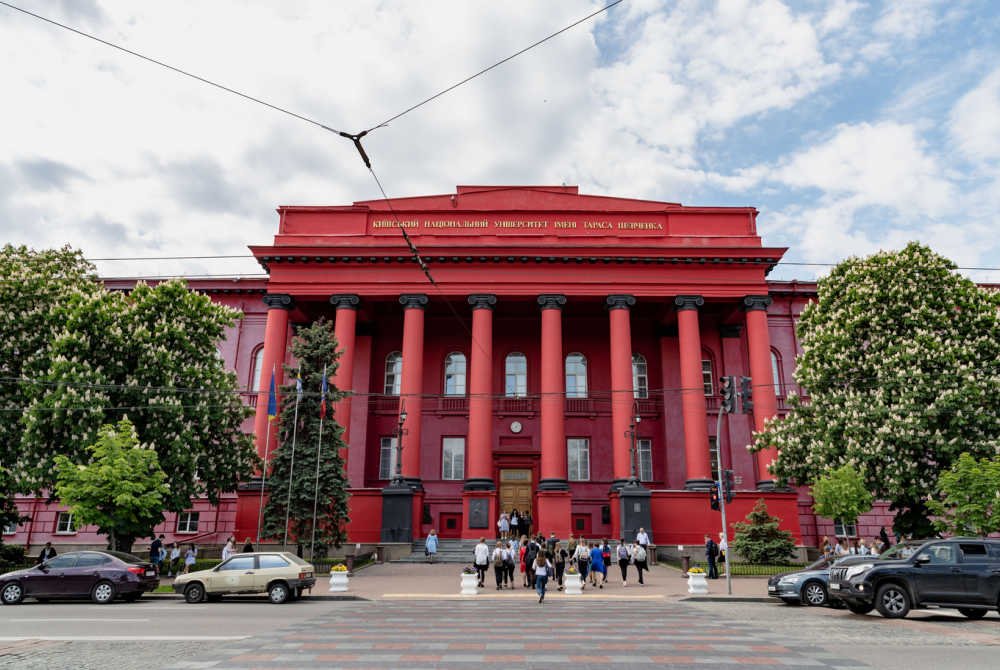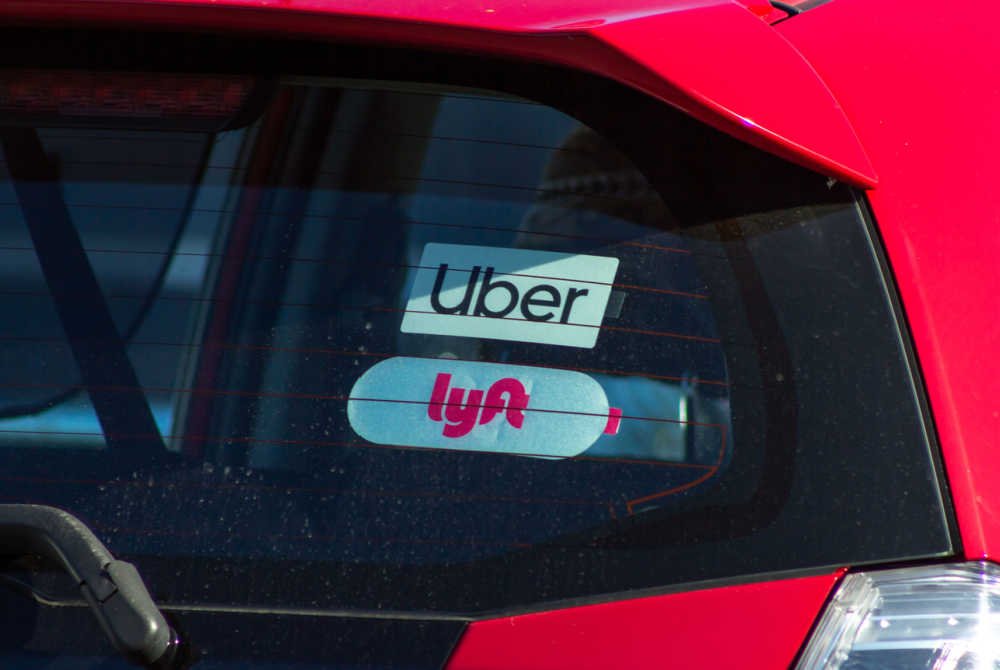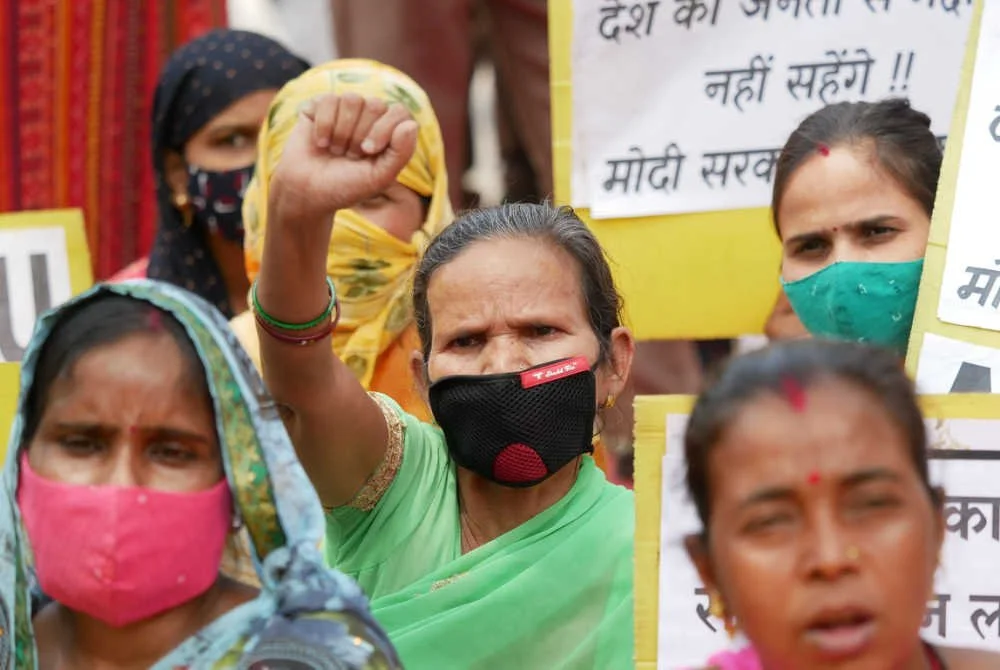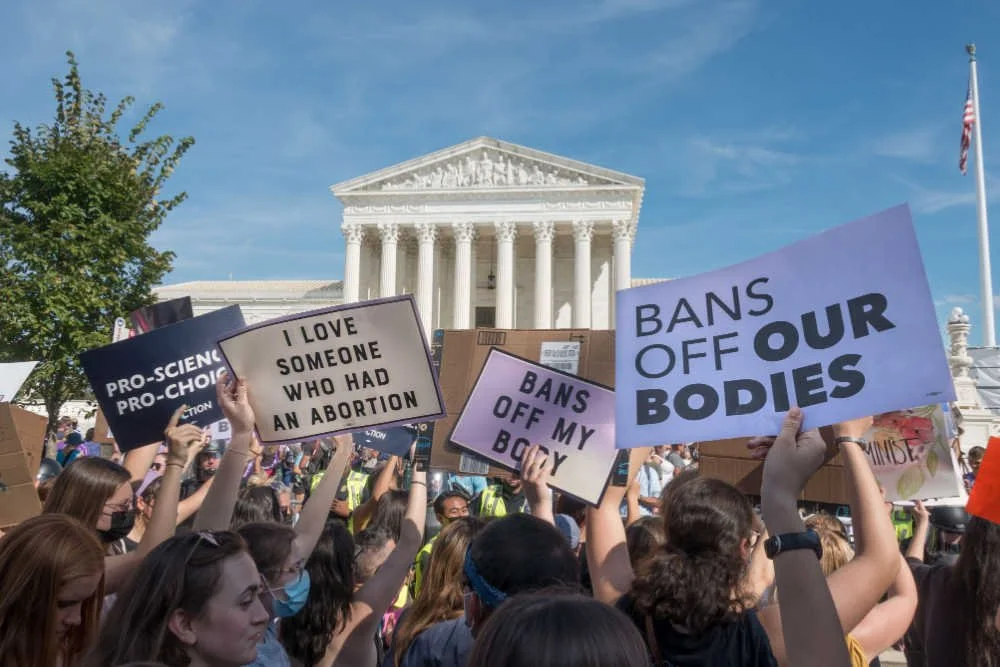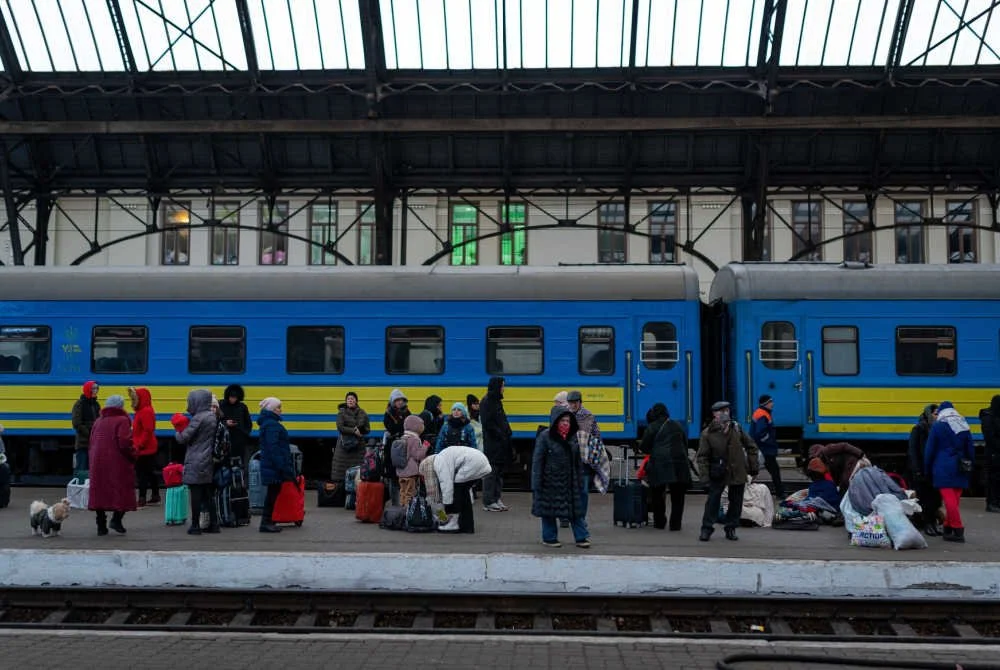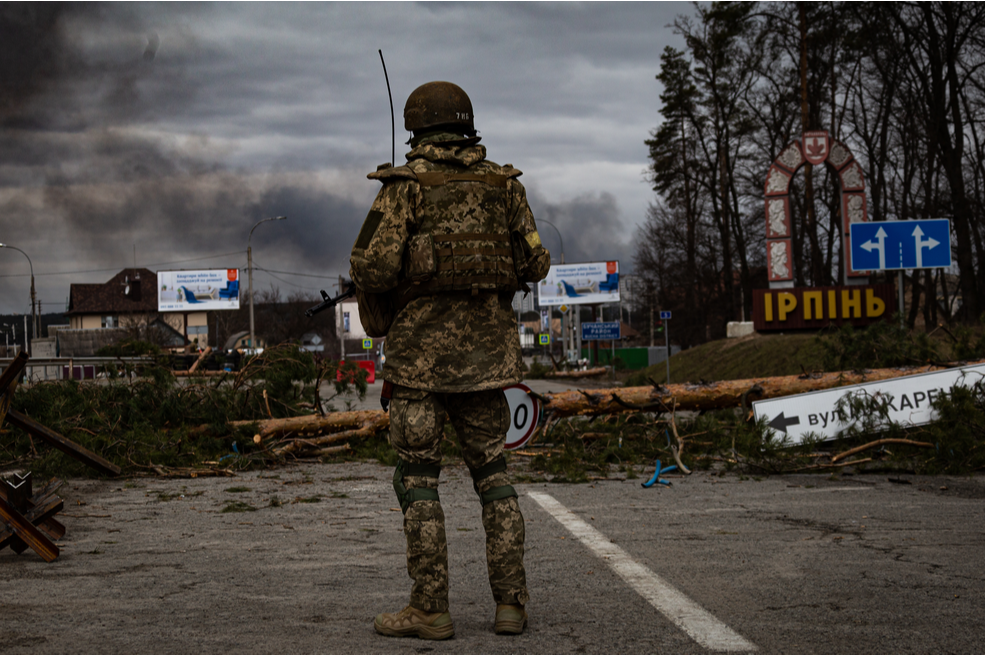Five Companies that are Breaking the Forced Labor Link in the Global Supply Chain
/
If we're all being honest, unless it’s your job, most of us don’t give much critical thought to the global supply chain, its challenges or the consequences of those challenges. Critical thinking aside, most of us do think about a few facets of the global supply chain, and in some cases, this train of thought often guides purchasing habits. And major companies take note, as consumer buying habits are the backbone of their businesses.
A few topics that often come to the forefront, here, are sweatshops and child labor. While corporations caught in sweatshop scandals don’t make the media rounds as often as they did a few decades ago, those scandals are still happening. Remember the collapse of the factory building in Bangladesh in 2013? Walmart was called out as one of the major companies caught up in the scandal. In 2008, Walmart was accused of forcing workers to work 19-hour shifts while only earning around $20 per month. Bangladesh is a poor country that is among those that pay garment workers the lowest minimum wages in the world, but less than $1 per hour is still below the national minimum wage at the time.
Of course, there are a great number of multinationals that are serious about corporate social responsibility and give considerable thought to how the goods they sell are manufactured, where they are made, and who makes them. Five major MNCs have joined forces to fight the exploitation of migrant workers and break the forced labor link in the global supply chain.
Related: MacArthur’s Funding an Effort to Work With the Private Sector to Secure the Global Supply Chain
Coca-Cola, HP Inc., Hewlett Packard Enterprise, Ikea, and Unilever recently launched a new collaboration called the Leadership Group for Responsible Recruitment. The joint effort is focusing on ethical labor recruitment and combatting the exploitation of migrant workers in the global supply chain. Another element of the collaboration is that all five companies have committed to the “Employer Pays Principle,” which states that employers, not employees, should be the ones bearing recruitment costs.
Here’s where forced labor ties in to those recruitment costs. In developing countries around the world, people are lured by the promise of jobs that pay higher wages abroad. This may be especially true for low-skilled, low-pay workers. These workers, who travel to other countries in search of better opportunities, are easy prey for unscrupulous recruitment agencies who charge them high recruitment fees. In order to pay off those fees, the workers must often resort to forced labor situations.
The group of five will also work toward a blueprint to bring other MNCs into the Employer Pays Principle fold. According to the press release, this will be a “valuable tool for companies as they report under the UK Modern Slavery Act, California Transparency in Supply Chains Act and the U.S. Federal Acquisition Regulation.”
Although forced labor, in its various forms, has been around for centuries, it remains a topic of social and political import in the today’s globalized economy. It’s also a top priority for the world leaders that have adopted the U.N.’s current Sustainable Development Goals (SDGs), all of which have specific targets. Target 8.7demands the taking of “immediate and effective measures to eradicate forced labor, end modern slavery and human trafficking and secure the prohibition and elimination of the worst forms of child labor, including recruitment and use of child soldiers.”
The war to end modern slavery has been gaining momentum in recent years as major funders such as Humanity United, Freedom Fund, Google.org, and the Hilton and Novo foundations have joined the new abolitionist movement. That being said, modern slavery continues to rise on some major funders’ priority lists.
Related: Funding the New Abolitionism: Who’s Giving to End Modern Day Slavery?
And while philanthropic arms of the five companies that formed the Leadership Group for Responsible Recruitment—Coca-Cola, Unilever, Hewlett Packard and Ikea—give widely and generously to various global development causes such as women’s empowerment and WASH, slavery is nowhere near the top of their funding priority lists.
This isn’t a criticism, it’s just a bit curious, since slavery is so inextricably tied to global poverty, which is not only SDG number one, but a major topic of grantmaking concern for the companies’ charitable arms.
Regardless, slavery is a many-tentacled monster estimated at $150 billion. Needless to say, there is an army of unethical and illegal businesses around the world that are working to protect that stake.
The fight against slavery in all of its forms is a formidable challenge. The formation of the Leadership Group for Responsible Recruitment and the standards of the Employer Pays Principle are small steps toward not only combatting forced labor, but fighting global poverty as well. And no steps is this global fight should be ignored or considered too small.




